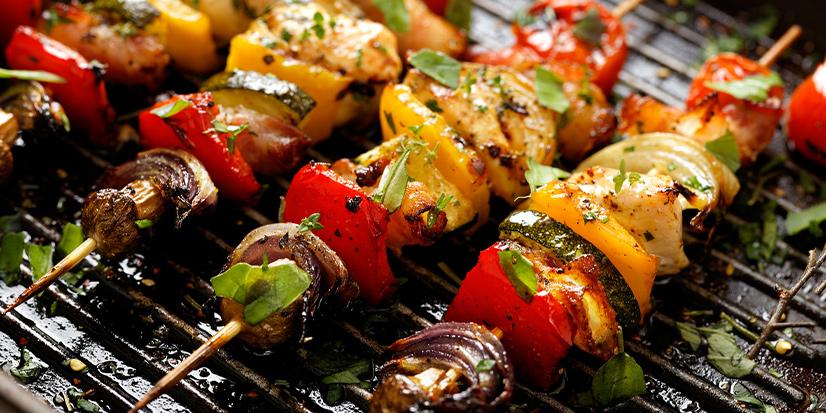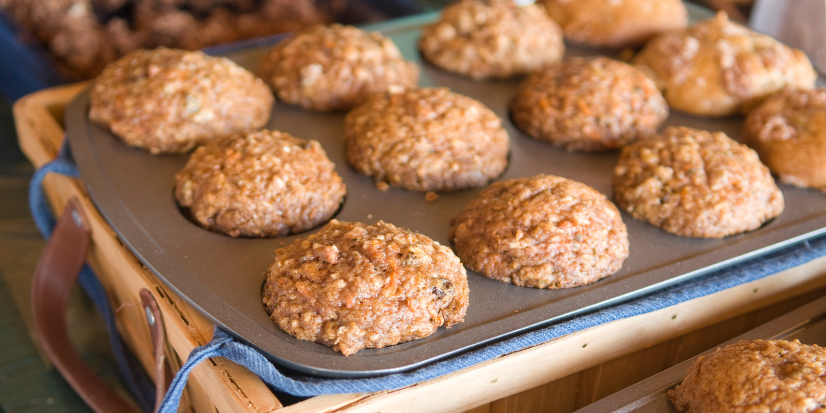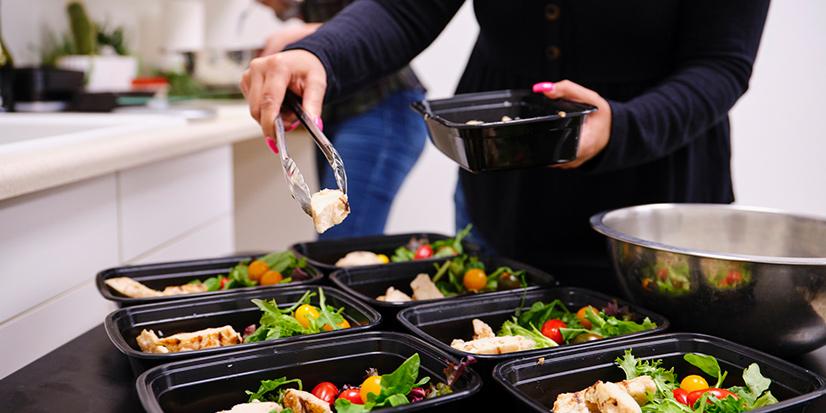There’s nothing quite like the smell of meat and veggies as they brown and sizzle on the grill. Besides being delicious, these savory foods make us feel satisfied because of their protein and fiber content. Make sure your family stays safe and healthy while enjoying freshly grilled grub.
1. Wash, Wipe, and Spray
Wash your hands with soap and warm water before and after touching any meat that isn’t fully cooked. Pack moist towelettes or hand sanitizer if running water and soap aren’t available. This will reduce your family’s risk of food poisoning from bacteria on meat. Bacterial contamination isn’t as rare as it used to be; a recent sampling by Consumer Reports found that 97 percent of chicken breasts were contaminated with potentially harmful bacteria.
2. Marinate
Not only does marinating make your meat and veggies juicy and much more flavorful, but it also reduces nasty carcinogens (cancer-causing chemicals) created when food is cooked. Try a marinade of Worcestershire sauce, olive oil, salt, pepper, and your favorite herb or spice.
3. Cook Lean Meats
White meat chicken and fish are naturally lean, so they give you plenty of protein without cholesterol-raising fat. Fat from steaks, chops, and burgers drips off during grilling, which might seem like a good thing. Unfortunately, when that fat hits the flames, it releases carcinogens which then coat your meat. Choosing leaner meats or cooking burgers and other high-fat meats in foil will keep the carcinogens down.
4. Keep Your Grill Clean
A good scrub with soapy water and hose-down before cooking will keep the nasty black stuff from last week’s cookout from getting on this week’s filet. Not only is it old, charred, and bitter, but that black stuff is also another source of—you guessed it—carcinogens. There might also be some nasty week-old bacteria on the grill just itching to make your bathroom visits much more frequent.
5. Cook Only as Long as Necessary
Perfectly browned but not overcooked is the goal. Use a metal meat thermometer (plastic will melt and glass will crack) to check your meat for doneness. Chicken should be cooked to 165 degrees Fahrenheit, burgers to 160, and steak to 145. It’s tough to tell whether meat is safe by looking at it, so using a thermometer is the best approach.
6. Keep It Cool
Grilled foods will keep for three to four days after cooking if they are quickly refrigerated. Any cooked foods that aren’t eaten should be refrigerated within two hours of serving. If you’re going to be out for a while, keep a cooler with plenty of ice on hand as a portable refrigerator. Cold foods should be kept cold, either by keeping them on ice or bringing them out of cold storage in shifts of two hours. When everyone is done eating, pack leftovers in the icebox or take them inside to your fridge. When it’s time to re-serve hot foods, heat to 165 degrees to kill bacteria that may have grown during storage.
Happy, healthy grilling!
Lifestyle modification, rather than quick fixes, is the way to go for long-term weight loss and maintenance. If you are looking to manage your weight by changing your diet and exercise for the better, check out Altru’s Weight Management Program or visit one of our dietitians.







